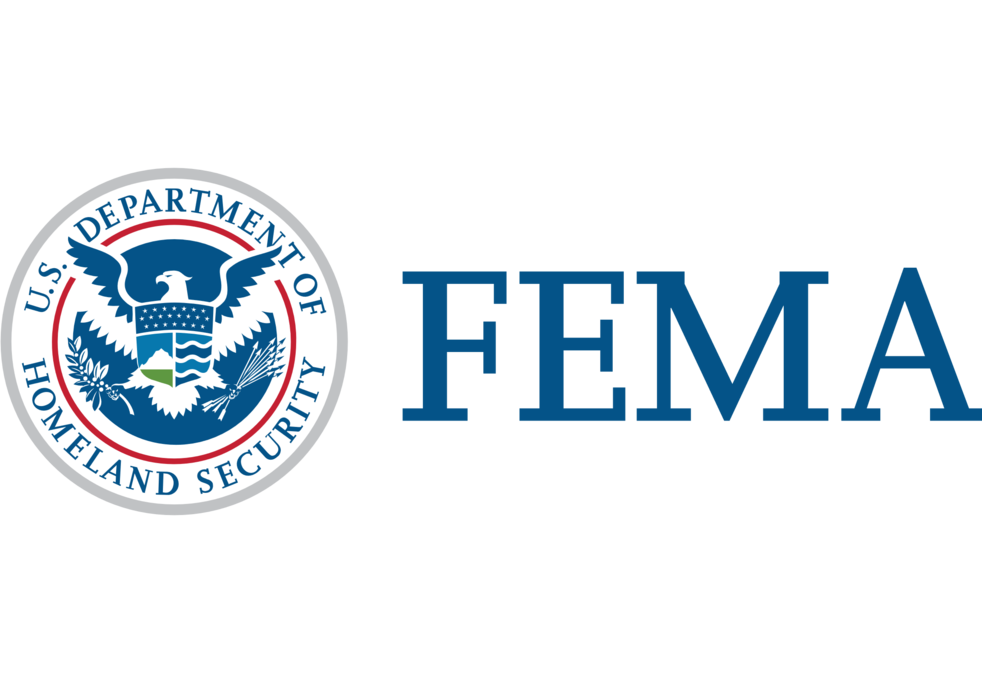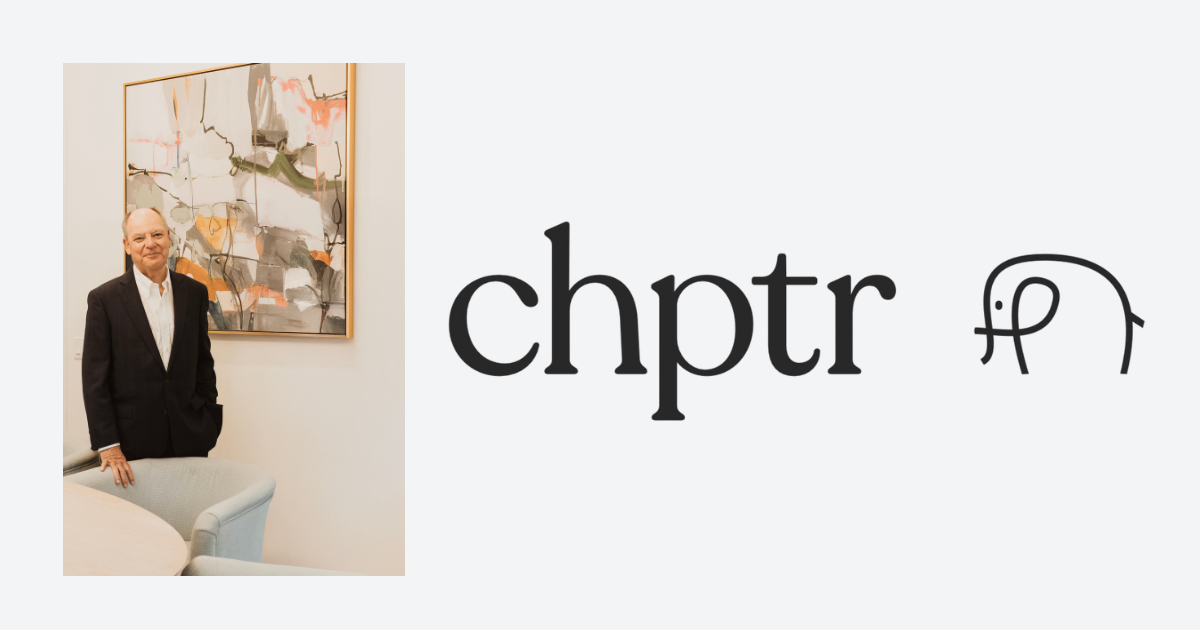NFDA’s Lesley Witter Gives Us the Facts of Finalized FEMA Funeral Assistance
Ryan Thogmartin and Jeff Harbeson recently welcomed very special guest Lesley Witter to Funeral Nation to elaborate on the recently-finalized Funeral Assistance program offered by the Federal Emergency Management Assistance (FEMA) agency. Lesley is the Senior Vice President of Advocacy for the National Funeral Directors Association (NFDA). She works closely with government entities to ensure deathcare professionals are well-represented. In this interview, Lesley answers all the hard questions you’ve been asking since the introduction of the program. She also shares some you might not have even thought to ask yet.
FN: What expenses are covered by the FEMA Funeral Assistance program?
Lesley: The FEMA website funeral assistance section (and remember, I don’t speak for FEMA) lists the basics. How they talk about it is expenses related to the actual funeral service and to the contract. They list some expenses, but they don’t visit every single scenario. Pretty much if it’s in the contract and it’s related to the funeral service or the burial service, it’s more than likely going to be included by FEMA.
This includes transportation for up to two people to identify the deceased, transfer of the remains, the casket or the urn, the burial plot or cremation niche, and a marker or a headstone. Arrangements for the funeral ceremony are also included, as are clergy or officiants’ services and the costs associated with producing multiple death certificates. Then there’s the use of the funeral home and the staff. So basically, anything that goes in that contract that’s connected to the service or the funeral should be covered.
FN: What’s NOT covered?
Lesley : Things that are not included include expenses for traveling to the funeral and personal expenses you incurred to attend. Like if I bought a new dress for a funeral, I couldn’t charge that to the federal government. So that’s kind of a good basic guide. But again, I’m not speaking for FEMA; I just talk to them a lot. Everyone should check out the FEMA website.
FN: What is the legal responsibility, if any, of funeral directors and the funeral home?
Lesley: That’s a great question. So short answer: No, directors do not have to be involved. They can sit in their funeral home and choose to do nothing right now. But, I think this is a great opportunity to show leadership in your community. So even though funeral directors are not responsible for administration assistance, helping to educate the families you serve and the communities you live in goes a long way to helping families honor their loved ones. And that’s what the funeral service does. So it’s a great opportunity to get out there.
FN: What if there are more than one or two individuals who were responsible for paying expenses?
Lesley: That’s kind of a big question — and I know why. Funeral directors deal with family dynamics a lot. I know, for example, the stories about the brother and sister fighting, etc. To me, this is another great reason for funeral directors to be reaching out to the families now. You should reach out in advance to the person who paid your bill. So if my name is on the bill, you should be reaching out to me saying, “Hey, Leslie, do you know about this benefit? Can I help you? I know you couldn’t do a memorial service then, but maybe you could do it now.”
I’m the one who paid the bill, so I’m your main contact. Now, it could be that my brothers chipped in the money. I’ve got to work that out with my siblings. The federal government is not going to get involved in that weird financial family dynamic.
To prevent that, the funeral director should be reaching out to the person who paid the bill. They’re the person who’s responsible and the person who could be eligible for the reimbursement. One person is the applicant and they can have one co-applicant. But like, I have four brothers, so we couldn’t all be applicants. So you choose the main applicant and a co-applicant. Then you figure out who owes what money in your own private time.
FN: What will happen if a funeral bill from 2020 has not been paid? Can the funeral home seek out money from FEMA to get their bill paid?
Lesley: I realize that this is a hard topic for a lot of funeral homes. A lot of funeral homes struggle with this. And I empathize. But it’s like any other unpaid bill that you have during a non-pandemic year, right? So if you have unpaid bills, you should follow your normal collections process. There’s no difference now in how you always take care of families regarding collections. But FEMA will not pay the funeral home. FEMA pays the person who paid the bill — the person who has a legal contract to pay the bill.
FN: What if someone wants to add on to their services? For example, a family who had a direct cremation and put off having a memorial service?
Lesley: That’s a great question. So the good news here — and sometimes I think people don’t catch the good news — is that this is a perfect opportunity for you to reach out to your families. FEMA actually recommends that you wait until all the services have been contracted to avoid the hassle of having to amend an application. Funeral directors should be out there today saying, “Hey, this FEMA program is going to start in April and you’re my main contact: you’re going to pay the bill. So I want you to know that even though you couldn’t have a memorial service because of social distancing and all the restrictions, maybe now is a good time to talk about it.” That is a perfect way for funeral directors to reach back and touch those families again and perhaps set up those.
FEMA said, you know, the easiest process is to wait until everything is done before you submit the bill. So to me, this is like really good news that FEMA acknowledges that people didn’t get that closure they need. They didn’t get the memorial service. [FEMA] is saying, you know what, if you want to do it, if you need to do it, we’ll take care of that, too. Just wait until everything is done and then send in your big receipts at the end.
FN: Should we worry that FEMA Funeral Assistance funds will run out before we can schedule that memorial service?
Lesley: Now, before I answer this, I know everyone has political opinions on how the government spends their money right now. I talked to them about this. And I know at the moment there is no concern because Congress has appropriated adequate funds. But if it ever gets to a point where there’s not adequate funding, well, then it’s either you go back to Congress and get more money appropriated or there may come a point where the programs kind of run to an end. And at that point, FEMA will say, “Hey, we’re going to end this program. You have until such a date.” They will give so much notice. Everybody will know that this program is ending and to get your receipts in. FEMA’s not worried about it, so I’m not worried about it.
FN: Can the benefit be assigned to the funeral home? If not, why?
Lesley: I’m going to be honest with you. We’re getting a lot of comments on this, and the answer is, “No.” Legally, it cannot happen. When Congress passes a law like the COVID relief bills, it then goes to the President; he signs it and it becomes law. Then it goes to the Federal agencies that have to implement the law. Now, in the case of funeral assistance, it was FEMA who is responsible for determining how to implement the law. And Federal agencies like FEMA bear responsibility for following congressional intent.
When they’re developing the policies about how the law should be implemented, they have to consider what Congressional intent was. So FEMA has to bear that in mind as they’re figuring out how to do this. Even if somebody at FEMA says, “Oh, you know what, I think that’s a great idea,” or if I’m on one of our webinars and one of our members said something and FEMA thought, “Oh, that’s great,” they can’t just walk out that day and change the law. There’s an entire process.
At the moment, there are federal regulations that prohibit recipients of Federal Funeral Assistance from transferring their rights to the assistance. It’s a law. The only way to change that is to go back, get new legislation, get Congress to work on the new legislation, and pass the new legislation. It the President signs it into law, it goes back to FEMA, and then they have to figure out how to implement that. So this is not an overnight thing. We have had many, many conversations with FEMA about this, and legally, they don’t have authority to do it.
FN: So what can deathcare professionals do to help?
Lesley: I think that the funeral service needs to stand up and get more involved. I know that a lot of people say, “Hey, you know, you got that D.C. thing down. That’s good work, Corporate.” And that’s true. I mean, NFDA and the funeral service have a massive presence in D.C. But, you know, you don’t come to the party when the cake’s already gone.
What we need is for funeral directors to show up and to engage and to pay attention and to give their opinion and to help us with this, because strategy and policy is made, whether you’re at the table or not. I think in the last couple of weeks, I’ve heard from lots of people who I have never heard from. And I’ve been here 14 years doing this job, this exact job. So I’m like, “Well, it would have been great if we had had a really strong voice with lots of active people trying to do it.” So, I think there’s a couple of things the funeral service needs to look at in the future.
FN: Leslie, what’s next with FEMA and the COVID-19 Funeral Assistance Program?
Lesley: NFDA has already done three webinars. Each time we do a webinar, we get the questions, we go back to FEMA and then we try to address them in the next webinar. Next Tuesday (April 6) we’re going to do a really good webinar about connecting with families and your community. It will highlight a tool kit the NFDA has created with frequently asked questions and a sample letter that funeral directors can send to family members to help them reach out and initiate the conversation.
We have news release templates so that you can put the information out in your community to really lead the effort and be seen as a resource. We have social media tools and we’re going to have some really great speakers who have already been out on Facebook and their websites and they’re already reaching out to the community. What we’re going to try to do is help funeral directors figure out how to do these things and how to reach out.
Funeral Nation and Connecting Directors wish to sincerely thank Leslie Whitter for her time and all the work she does on behalf of everyone in deathcare!




